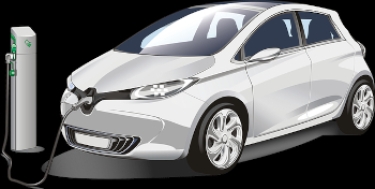A joint statement from Transport Minister Catherine King and Climate Change Minister Chris Bowen claimed the NVES would cut emissions from new passenger vehicles by more than 60% by 2030.
The government passed the NVES after cutting a deal with the Greens in the Senate which involved Labor dropping its offshore gas fast-track plan.
The statement said automobile manufacturers would now have an incentive to export their most fuel-efficient vehicles to Australia.
|
|
King said: "This is a monumental milestone for Australians, with this standard to pave the way for Australians to access and benefit from the most advanced car, SUV and ute technology offered in other countries – which are cheaper to run and better for the environment.
“At every step of the way, we have listened to the views of Australians on how we can deliver a standard that works uniquely for our country, which is what we have delivered.”
Bowen added: "The Albanese Government has done what the Coalition tried and failed to do. It marks an end to the decade of delay and denial which put Australian motorists at the back of the global queue for cars that are cheaper and cleaner to run.
"This is not just a win for the environment, it’s a big win for motorists around the country who want access to a bigger variety of more efficient vehicles. The impact of this shift will benefit Australians for decades."
Behyad Jafari, chief executive of the Electric Vehicle Council, said: "This is a historic day for Australia. After many attempts by successive governments, the parliament has finally passed New Vehicle Efficiency Standards.
"Australian drivers will benefit from access to a greater choice of vehicles, lower fuel bills and real cuts to transport emissions."
The NVES will take effect from 2025.











































